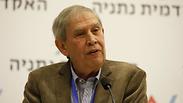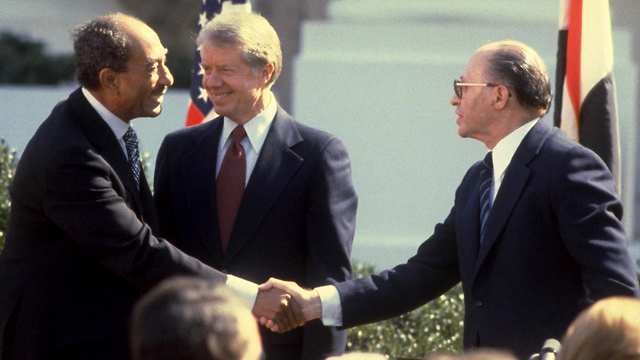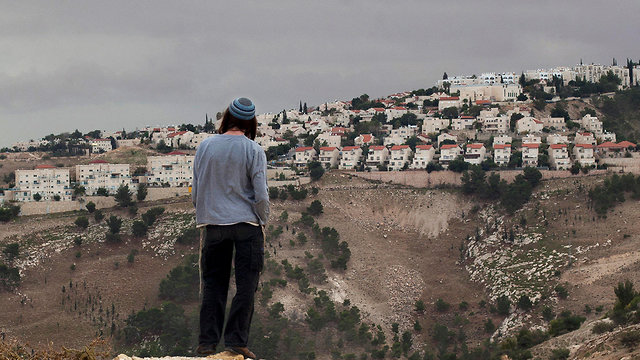
Leaders, for the most part, are identified by one of two traits. They can be visionaries, initiating historic processes. Alternatively, they can be followers who charter their course based on the direction of the wind.
Menachem Begin was a visionary, initiating policy and changing the course of history. Despite opposition from his own political camp, the former prime minister signed a peace treaty with Egypt, weighing the cost and benefit of losing strategic depth in the Sinai Desert, in exchange for an end to war between the nations.

Where is such a leader today? Where is the brave visionary who will protect Zionism for future generations. Where is the leader that will take on what others have avoided for the past 50 years, namely Israel's eastern border?
The West Bank is to this day a controlled territory. There is no question of our right to it or our duty to hold on to it to ensure our security until a political solution is found. But even if one can be found, it is so far out of sight.
So what can we do in the meantime?
There are 15 million people between the Jordan River and the Mediterranean Sea. Half of them are not Jewish. That is why Israel's leaders have always stopped short of annexation of the West Bank.
Now, political considerations that have nothing at all to do with security are endangering Zionism itself with this proposed annexation of Judea and Samaria.
There is a consensus among Israelis that the major West Bank settlement blocs and East Jerusalem neighborhoods will always remain in Israeli hands. This is also becoming more recognized, albeit unofficially, by Palestinian and other Arab leaders in the region.
Why then embark on a one-sided annexation that will set the West Bank ablaze, put lives at risk and end any future hopes for a viable political solution?
Annexation, pushed by political parties vying for a role in government, will bring about the nightmare most feared by security officials. Jewish settlements will surround 170 separate pockets made up of 2.6 million Palestinians.
Is the Zionist dream to be replaced by the Arab one of a single state with a Jewish minority? Have the last election results, as the settlers claim, given the government a mandate for that?
A responsible government must strengthen Israel's control inside the settlement blocs but must also ensure that a secure Jewish democracy can survive by separating from millions of Palestinians.
So long as there is no Palestinian partner for a peace agreement, and the possible emergence of one is still far off, it is up to us to define our eastern border, incorporating the settlements and neighborhoods we intend to hold, and concentrate our recourses on them and freezing development of any settlements east of that boundary.
We should employ our border patrol units along that line, although our military and security forces should still operate beyond it to secure our safety until the time a political agreement is viable.
This government must consider the repercussions from annexation and be clear about its strategy to maintain a Jewish majority in Israel - and Zionism itself.
All policies should then be presented to the public to be decided by referendum or elections. Ending the Zionist vision should not be done or decided upon as part of coalition talks.
The writer is the former director of Israel's Mossad intelligence agency and a member of Commanders for Israel’s Security (CIS) Steering Committee


















